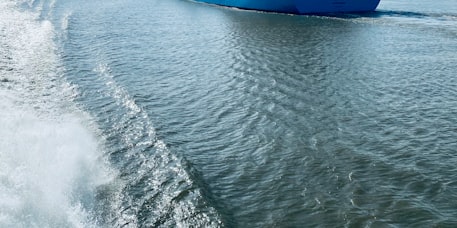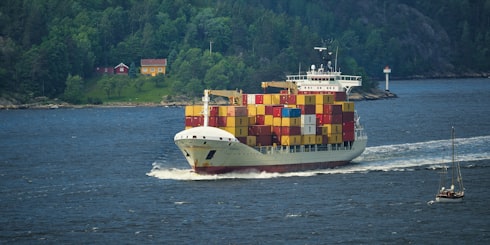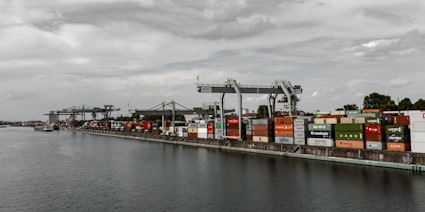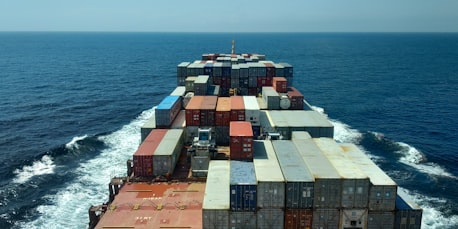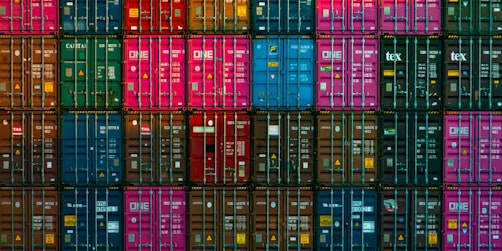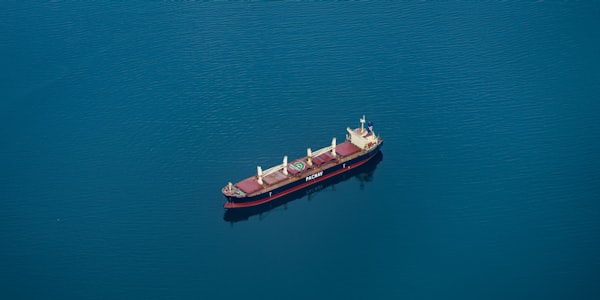
Former President Donald Trump claimed his strong tariffs forced the Chinese government in December 2019 to make a trade deal headlined by $200 billion in annual commitments to purchase U.S. exports. The reality: China ended up buying none of the promised goods and the trade war did little to change China’s economic policymaking while hurting the U.S. economy.
That’s the verdict of Chad Bown, senior fellow at the Peterson Institute for International Economics.
His analysis of new Commerce...
https://www.freightwaves.com/news/grading-trumps-china-trade-deal-f
